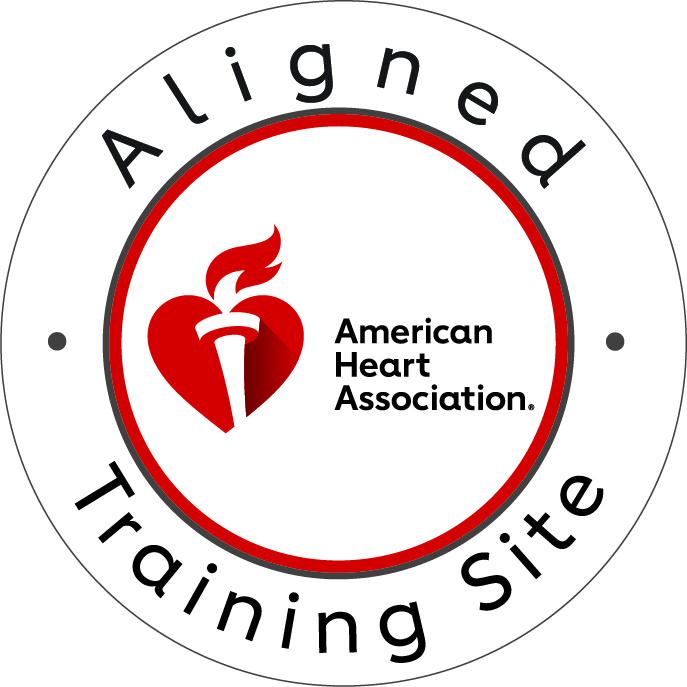Hello, I’m Dr. Deepak Bhatt. And it is really a pleasure for me to provide a quick recap of the soloist and scored late breaking clinical trial presentations that I just presented back to back, and which were both published simultaneously in the New England Journal of Medicine. To quickly recap, both trials studied an SGLT2 inhibitor called sotagliflozin, though it’s a little bit different from most SGLT2 inhibitors and that it is also an SGLT1 inhibitor. SGLT2 inhibition leads to glucose exclusion in the urine, SGLT1 inhibition leads to glucose elimination in the digestive tract. So two different ways of lowering glucose. What we studied in soloist was sotagliflozin in patients with acute decompensated heart failure, over 1000 of them. And what we found was a significant reduction in the composite of death from cardiovascular causes and hospitalizations or urgent visits for heart failure. In fact, the results were significant by about one month or so, thus, a very early effect, a very early benefit of starting this agent during the time of a hospitalization for heart failure, or in the couple of days afterwards, of course the patient’s needed to be stabilized first from their heart failure. I think these results, in fact, are generalizable to SGLT2 inhibitors as a class and really do advance the field of SGLT2 inhibition, not only in diabetes, but in heart failure. Score was a trial of over 10,000 patients with diabetes, and chronic kidney disease. GFR is right down to a very low range, and what we examined once more was sotagliflozin versus placebo, and we found a significant reduction in the same endpoint that I just mentioned. Additionally, we saw a reduction in ischemic events. If one looks at the time to first event for cardiovascular death, a mild stroke there was a significant reduction and once more, this benefit of a reduction in ischemic events seemed to kick in pretty early, especially if we looked at total ischemic events, were by about three months or so there was a significant reduction. And interestingly, when we looked at the individual post hoc and points of total myocardial infarction and total stroke, each of those was significantly reduced by more than 30% in relative terms, and this is the first time in SGLT2 inhibitor or an SGLT1 slash two inhibitor I would say specifically with sotagliflozin has been shown to reduce stroke. And maybe, some of these antiatherosclerotic effects are more due to the SGLT1 inhibition versus the SGLT2 inhibition that we know from other trials does reduce heart failure related endpoints. The final point I’ll mention about what we saw in sotagliflozin in score was that there was a significant reduction in hemoglobin A1c, including in patients on the lower range of GFR. Now with other SGLT2 inhibitors in patients with very low GFR, due to the need to eliminate glucose in the urine, they tend not to be so good or effective at all, as glucose lowering agents, but here we’re seeing a significant reduction in hemoglobin A1c even in very low EGFR, probably because the SGLT1 leads to glucose elimination via the digestive tract. So I think a few important messages here one, we have shown that SGLT2 inhibition is safe and effective in patients hospitalized with acute decompensated heart failure after being stabilized, of course, two we’ve shown specifically that the SGLT1 slash two inhibitor sotagliflozin, reduces not only heart failure, but atherosclerotic events including stroke, and three, we’ve shown that this novel agent is not only safe, but effective in patients with diabetes and low GFR including being able to reduce hemoglobin A1c effectively, something relatively few other drugs in this class have been able to show. Well, thank you very much. I hope this quick recap of these two trials has been useful and interesting to you. (upbeat music)

